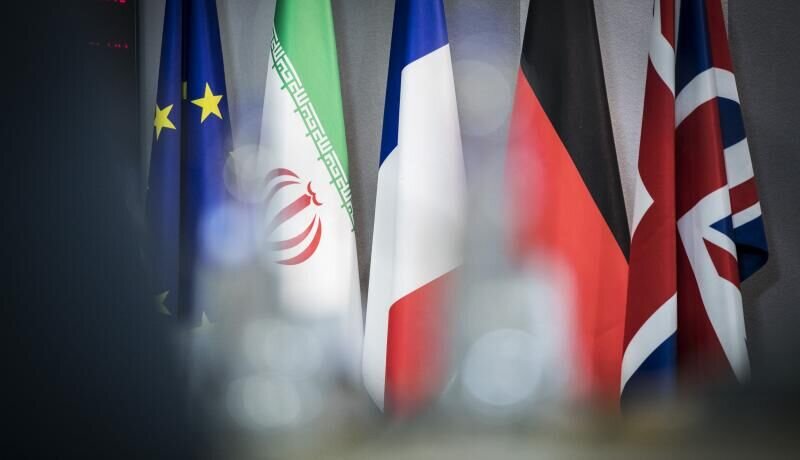Europe's pretext for evading Iran's demands

TEHRAN - The opportunity to save the JCPOA (the nuclear deal concluded between Iran and the 5+1 group in 2015) is narrowing down, but the European signatories of the international deal, known as EU3 (Britain, France and Germany), are not daring enough to counter the U.S. and accept the expenses of their resistance against Washington’s illegal withdrawal from the JCPOA.
The European countries are evading their responsibility to fulfill their commitments under the pretext that companies are private, claiming that due to the companies’ non-governmental status they are not able to force them to trade with or invest in Iran.
Based on evidence, the EU3 can grant legal guarantee to their companies to protect them against the U.S. sanctions.
Shireen Hunter, a professor of Georgetown University, has said, “The current laws are not very effective in countering American sanctions. Moreover, the real issue is that Europe does not want to escalate confrontation with America for the sake of Iran.”
The European countries’ refusal to fulfill their commitments to the nuclear deal is mostly different from their resistance approach against the U.S. pressure in 1996 when Washington imposed sanctions against Cuba without companionship of its European partners. In 1996, the European nations managed to resist against the U.S. via ratifying new laws. Now there is a question whether Europe is currently able to resist against the U.S. pressure and unilateralism as they did in case of Cuba?
Professor Hunter says, “Iran issue is more complicated than Cuba because it is linked to other Middle East -related issues. Europe has very little economic relations with Cuba. Moreover, America was not so keen in getting European cooperation regarding Cuba than it has been vis a vis Iran. The main issue is that Europe does not want to endanger its economic interests in America for Iran's sake.”
Bloomberg news network’s analyst Janothan Tirone also believes that the European Union’s reactions towards the U.S. measures against Iran and the JCPOA is mostly summarized in political gestures, holding meetings and issuing statements in support of the nuclear deal. The analyst says Europe has been very slow in applying policies to decrease the U.S. sanction pressure on Iran.
He further said last summer Europe unveiled a new version of blocking law to counter the U.S. secondary sanctions.
The blocking law approach allows the European companies to lodge complaint before the European courts and demand compensation if they face the U.S. sanctions for their trade with Iran. But the said blocking law approach has not thus far been implemented.
The EU still lacks a united policy to turn rhetoric to applicable policies. In the meantime, deep engagement of the European and U.S. economies means that European politicians do not want to face severe reaction from European companies which do not want to choose one at the cost of the U.S. market.
At the end, it should be mentioned that the European countries’ action over preliminary nuclear deal in 2003 and also over the JCPOA testifies their disloyalty to their promises. The European signatories of the JCPOA have not thus far done any acceptable measure to convince Iran to stay in the deal. Now, instead of pressing Brussels to protect the JCPOA as an important international deal, Paris has given a one-month time to Iran to agree with French President Emmanuel Macron’s plan to save the deal.
Measures adopted by both the EU and the U.S. since May 2018, when Donald Trump withdrew Washington from the JCPOA, have proved that Tehran must never rely on the Western side’s promises and that Brussels must shoulder its responsibility to convince Iran to remain in the deal.
Leave a Comment